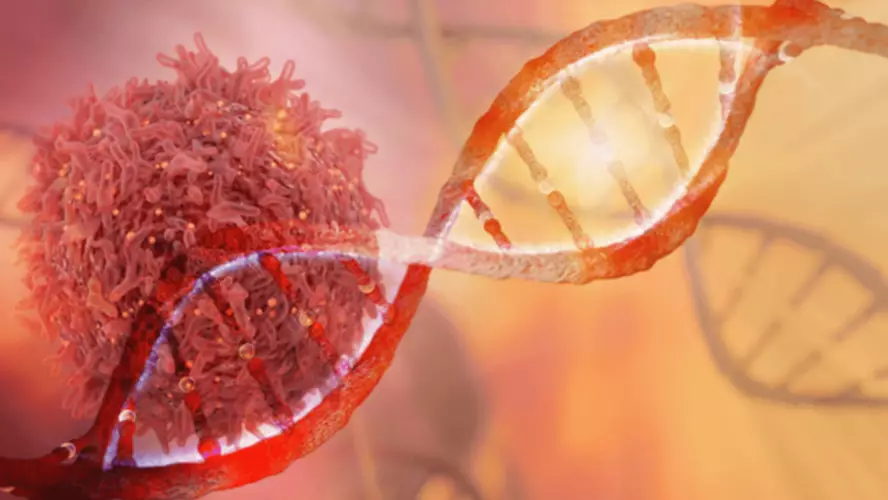Content
Although there exists promising preclinical results, the majority of placebo‐controlled randomized clinical trials with traditional dopamine antagonists and agonists have so far have been discouraging. Furthermore, the severe side-effect profiles of many of these compounds may limit their clinical use. Newer dopamine agents, such as partial agonists and dopamine stabilizers, attenuate alcohol‐mediated behaviours in rodents as well as humans. Preclinical as well as clinical studies have shown that substances indirectly targeting the mesolimbic dopamine system may be potential targets for attenuation of alcohol reward. The consequences of the alterations in dopamine signaling we observed may be numerous. Neurobiologically, striatal dopamine alters intracellular signaling that affects synaptic plasticity [42].
Without the alcohol to produce enough dopamine, the person begins to experience dopamine deficiency, which is implicated in ADHD, Alzheimer’s, Parkinson’s, depression, bipolar disorder, addiction, and even schizophrenia. Over time, with more drinking, the dopamine effect diminishes until it’s almost nonexistent. But at this stage, a drinker is often «hooked» on the feeling of dopamine release in the reward center, even though they’re no longer getting it. Once a compulsive need to go back again and again for that release is established, addiction takes hold. The length of time it takes for this to happen is case-specific; some people have a genetic propensity for alcoholism and for them it will take very little time, while for others it may take several weeks or months.
Increased Urination & Dehydration
3Glutamate is the major excitatory neurotransmitter; that is, glutamate stimulates the signal-receiving cell. A reward (e.g., food) usually is a complex stimulus having primary (e.g., calories) as well as secondary (e.g., taste and smell) motivational properties.
Moreover, administration of selective nicotinic antagonists might be of therapeutic potential in reducing the rewarding effects of alcohol and nicotine. Based on the preclinical evidence of a reduction in alcohol consumption via blockade of dopamine D2 receptors, the potential of dopamine D2 antagonists as a pharmacotherapy for alcohol dependence has been investigated in clinical populations. Over time, excessive drinking can lead to mental health problems, such as depression and anxiety.
Things You Can Do Right Now to Battle Cravings At Home
Highly palatable sweet, fatty, and salty foods and alcohol are just some of the many things that produce an incredibly quick reward. Our brains naturally shrink as how does alcohol affect dopamine we age, but heavy drinking and binge drinking can exacerbate those effects. Basically, dopamine is involved in almost every area of your thought and reward system.

The detailed necropsy procedures used to harvest tissues [28] and obtain ex vivo slices [8] have been previously described. A block containing the caudate and putamen was microdissected from the left hemisphere and sectioned with a VT1200S (Leica, Buffalo Grove, IL) in a sucrose cutting solution aerated with 95% O2/5% CO2 (see Supplementary Materials for composition). A ceramic blade (Camden Instruments Limited, Lafayette, IN) was used for sectioning 250 µm slices that were equilibrated at 33 °C for 1 h in equilibration ACSF before being moved to room temperature for an additional hour before beginning experiments.

